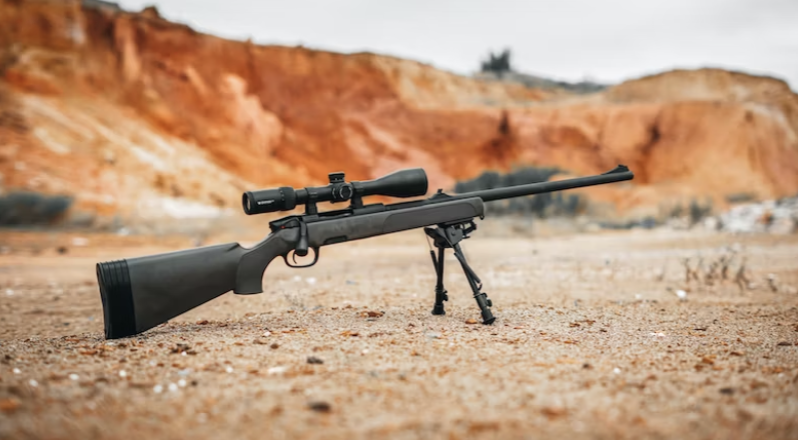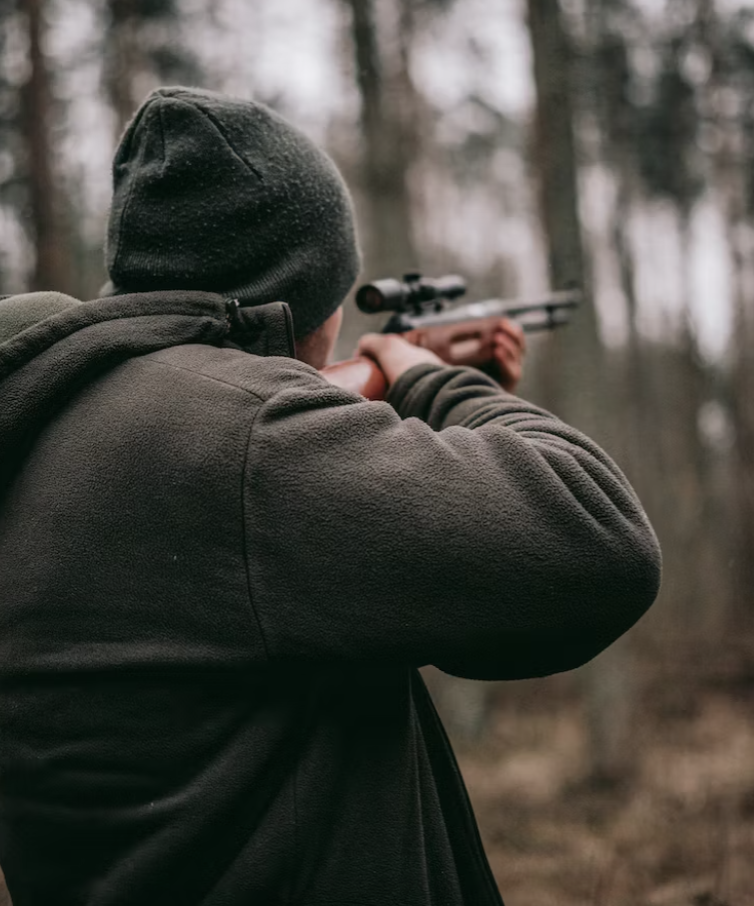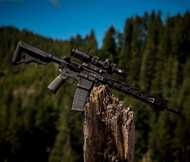Do Gun Safes Need To Be Climate Controlled?
Jun 12th 2023
Gun safes are an essential investment for firearm owners who prioritize safety and responsible storage. However, there is often a question about whether gun safes need to be climate controlled. The answer to this question depends on several factors, including the climate in which the safe is located and the specific needs of the firearms being stored.
In certain circumstances, such as when firearms are stored in regions with extreme climates, climate control may be more necessary. For example, in areas with high humidity or intense heat, the risk of rust, corrosion, and damage to firearms becomes significantly higher. In such cases, investing in a climate-controlled gun safe can provide added peace of mind, ensuring that the internal environment remains stable and protected from the harsh elements. Ultimately, the decision to use climate control in a gun safe depends on the specific needs of the firearm owner and the environmental conditions in which the safe is located.

What Temperature Should A Gun Safe Be Kept At?
The temperature at which a gun safe should be kept is an important consideration for firearm owners. It is widely recommended to maintain the internal temperature of a gun safe between 50°F and 70°F (10°C and 21°C) for optimal storage conditions. This temperature range helps minimize the risk of damage caused by excessive heat or cold. While most firearms are designed to operate within a wide temperature range, extreme temperatures can have adverse effects on their performance and longevity.
Are Cold Temperatures Bad For Guns?
Extreme cold temperatures can potentially be detrimental to firearms. When guns are exposed to freezing temperatures, the metal components may contract, which can lead to issues with functionality. For example, parts may become more difficult to operate or even become completely frozen. Additionally, extreme cold can cause lubricants and oils to thicken, impeding the proper functioning of moving parts. Therefore, it is important to consider the potential impact of cold temperatures when storing firearms, especially in regions with harsh winters.
Do You Need A Dehumidifier For A Gun Safe?
Humidity is a significant concern when it comes to storing firearms. High humidity levels can lead to corrosion, rust, and damage to the metal components of guns. Moisture can find its way into a gun safe through various means, such as during the initial installation or from the surrounding environment. To combat this, many gun safe owners find it beneficial to use a dehumidifier inside their safes. Dehumidifiers help regulate the moisture levels by removing excess humidity from the air, creating a drier environment that is less prone to rust and corrosion. There are various types of dehumidifiers available, including desiccant and electric models, that can effectively protect firearms stored in gun safes.

Can Guns Rust In A Safe?
It is possible for guns to rust inside a safe if the safe is not adequately protected against moisture and humidity. Even though a safe provides a secure storage environment, moisture can still find its way inside. If the safe is located in a damp area or experiences fluctuating humidity levels, the risk of rust increases significantly. Proper sealing of the safe, using a dehumidifier, and periodically inspecting and maintaining firearms are essential steps to prevent rust formation and ensure the long-term preservation of guns stored in a safe.
Conclusion
When it comes to gun safes, considering the impact of climate and temperature is crucial. While not all gun safes require climate control, maintaining a temperature range between 50°F and 70°F (10°C and 21°C) is generally recommended to minimize the risk of damage to firearms. Extreme cold temperatures can be detrimental to guns, causing contraction and potential functionality issues. Moreover, high humidity levels can lead to rust and corrosion, making the use of a dehumidifier highly beneficial. By implementing these measures, gun owners can ensure their firearms are well-protected and maintained, thereby extending their lifespan and maintaining optimal performance. Responsible storage practices, including climate control and humidity management, are vital for preserving the value and functionality of firearms.


